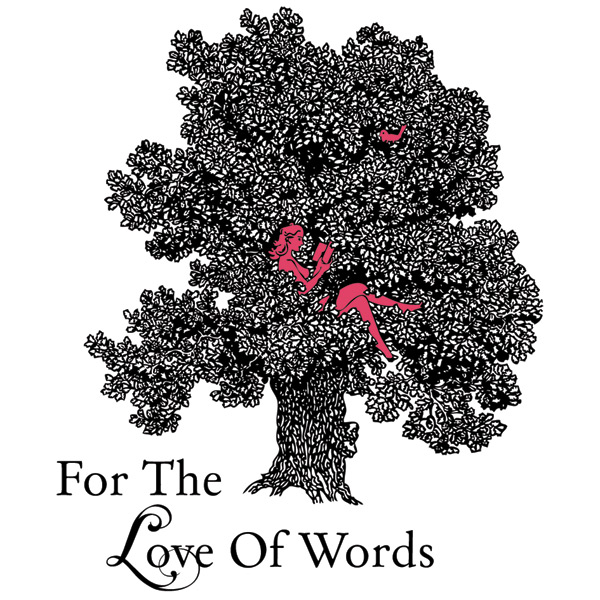There’s no need to ‘get over it’ when someone dies
When a friend’s husband of 30 years died last month, she was told within a fortnight she needed to get over it. Why did she? What does getting over it even mean?
When someone we love dearly dies, a whole crash of emotions threatens to swallow us up in waves. What if learning to ride those waves and feeling whatever feelings come forth is a calmer way of moving through the tumult of the first stages of grief?
Telling someone to ‘get over it’ is dismissive and insulting, and denies that we humans have emotions. It is an insult to the dedication and love the griever felt – and still feels – for the departed. It denies the disbelief, anger, confusion and fear they are feeling right now. It dismisses all they’re navigating in their world that’s completely transformed now their beloved has left the physical plane.
To approach grief as learning to surf the waves of emotion, we first must accept those emotions exist, and why. My friend, two days after her husband’s funeral, told me, ‘I feel just so awful. I don’t know why.’ ‘I don’t know why.’
I haven’t lost a partner or parent, but my experience of grief is that it’s a physical as well as emotional experience. It takes up residence in your physical body, then makes itself known. It feels choking, then constricting, suffocating, then aching, by turns, and sometimes all at once.
The loss is present in their every item of clothing that faces us, their shoes at the door, their computer and keyboard. Those cold hard objects remind us, taunt us, that that person you’re missing so much will never come back and put on that coat, tie those laces, send that email.
The death of a loved one isn’t something to ‘get over’. It’s something to make room for, to accept as being true for the rest of our own days. It’ll take various guises, and what felt like a gigantic boulder in our throat may one day feel like a pebble at the base of our stomach. But it’ll never leave us. Accepting that more aptly honours the person’s presence in our life than pretending that feeling isn’t there.
